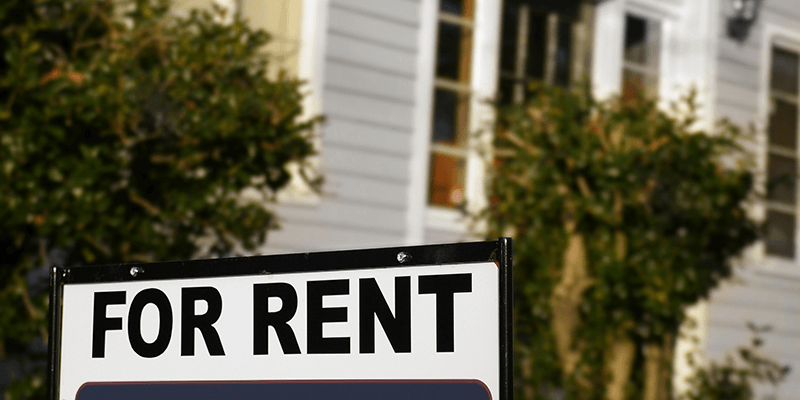

December 19th, 2018
If you’re a new landlord, it’s important for you to fully understand your insurance coverage requirements. Landlords have a distinct type of insurance coverage that differs from homeowners and tenants insurance.
Today we’ll show you how landlord insurance provides coverage to you as a property owner with individual tenants.
Landlord insurance is a special form of property insurance tailored to meet the coverage needs of people who rent out a home that they own and operate as a business. A typical landlord policy will cover property damage and offer liability protection.
Landlord insurance doesn’t provide insurance to the personal property of tenants in their units, nor does it provide them with personal liability protection – this needs to be the responsibility of the tenant, who can purchase their own tenants insurance policy.
Both liability coverage and property coverage are intended to protect the landlord from financial losses, subject to deductibles and established coverage limits.
Your policy will have dwelling coverage, which will help pay for repairs to damage caused by fire, lightning, wind, hail and other named perils. You can have outside structures covered under a landlords policy as well, such as coverage for a garage, gazebo or fence.
Personal property used to service the rental, including kitchen appliances, lawn mowers and snow blowers can be placed under your landlord policy to cover for any unexpected damages too.
If someone is injured on your rental property, and you’re found to be at fault in the incident, the liability coverage portion of your policy will help you pay for medical expenses for the victim, or legal fees in your defence.
If a tenant falls down a flight of stairs that you failed to maintain, for example, you could be held responsible for damages should your tenant take you to court.
Property insurance is made with its policyholder in mind. Just as a tenant or homeowner needs insurance coverage to protect their possessions and assets, a landlord will want to do the same for their rental property.
Make sure you’re adequately protected in the event of an unexpected loss or accident.